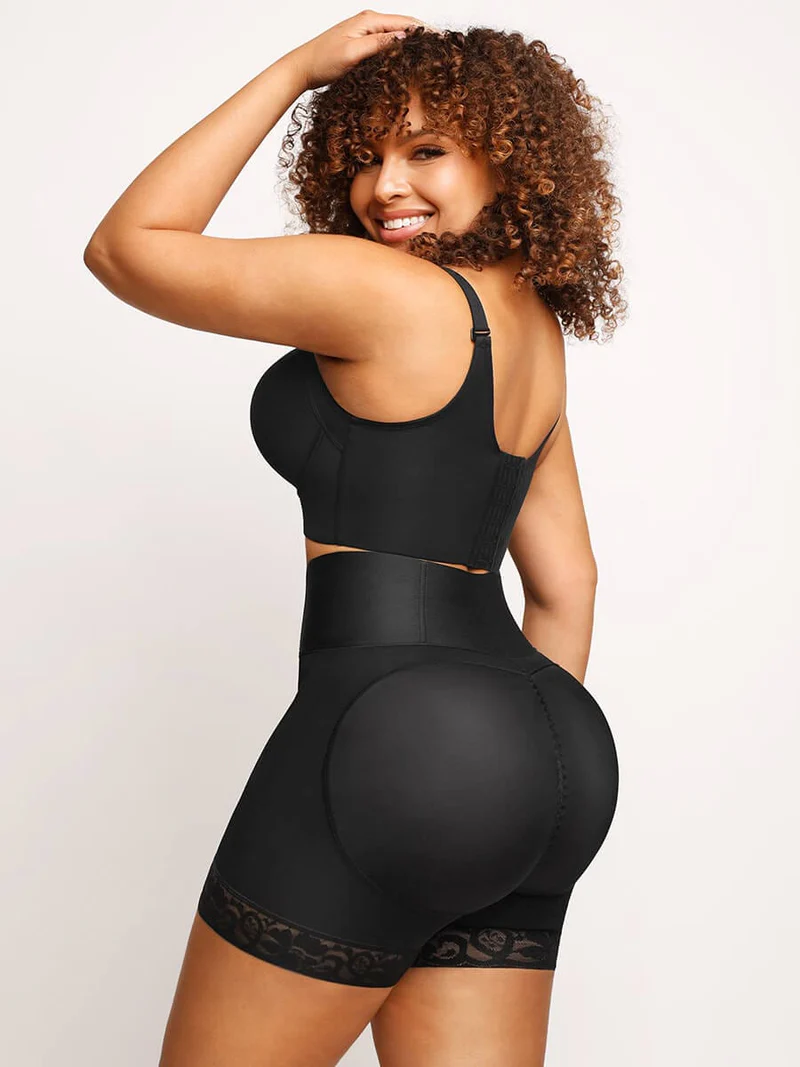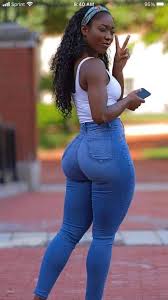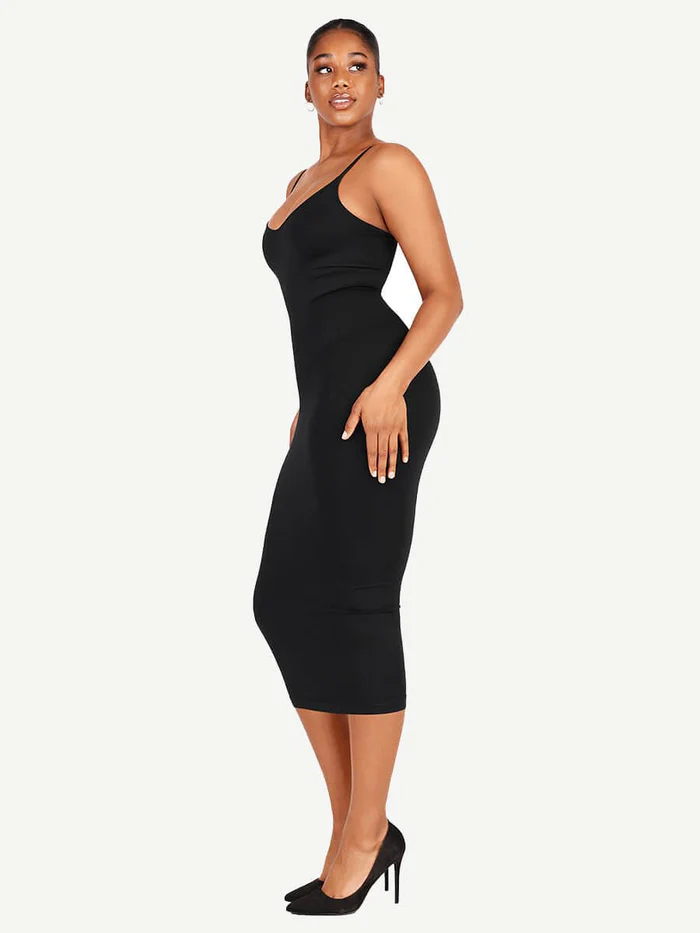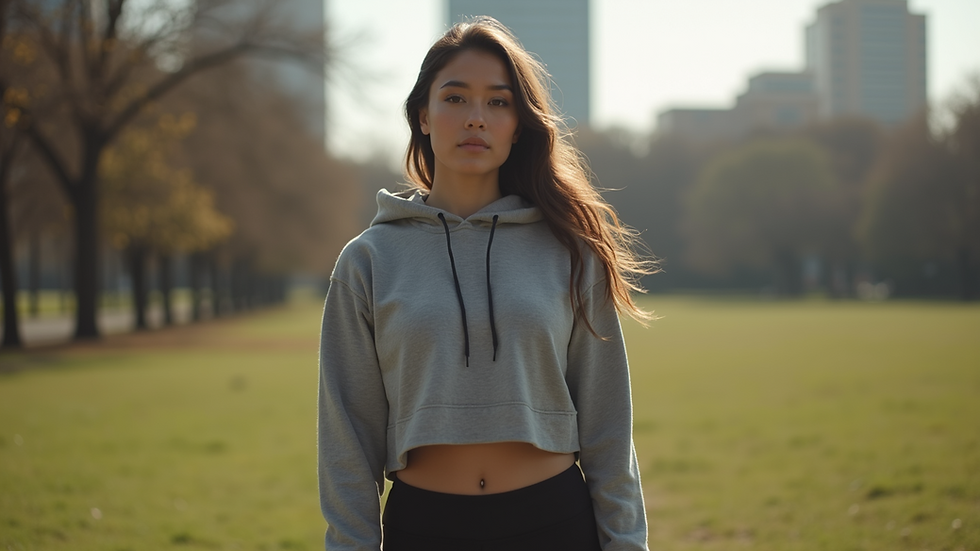The Revolution of Black Women’s Bodies in the Fashion Industry
- Anderson Mccarthy
- Oct 10, 2025
- 3 min read
Updated: Dec 20, 2025
The fashion industry has long been a mirror reflecting societal values, culture, and identity. Yet, it has also played a role in perpetuating stereotypes and marginalizing certain bodies. Among the most influential forces within this dynamic landscape are Black women, whose bodies have not only challenged the status quo but have also reshaped the industry towards inclusivity and innovation. This blog post explores the profound impact of Black women on fashion, highlighting both the progress made and the ongoing struggles against marginalization and appropriation.
A Legacy of Influence in Fashion
From the elegance of Josephine Baker to the boldness of Naomi Campbell, Black women have historically served as icons within the fashion realm. Their unique beauty and style have set trends that resonate across cultures and generations. However, the journey has not been without its challenges. For decades, Black women faced exclusion from mainstream fashion narratives. They were often depicted through a narrow lens that failed to encapsulate their diverse experiences and bodies.
Redefining Beauty Standards
The mainstream portrayal of beauty has often skewed towards Eurocentric ideals. This has left many women feeling alienated. However, Black women have continuously pushed back against these restrictive definitions. By embracing their natural hair, curves, and skin tones, they have redefined beauty standards within the industry. This shift has not only encouraged inclusivity but has also inspired a broader acceptance of diverse body types.
The Rise of Inclusive Fashion
In recent years, the fashion industry has begun to recognize the importance of inclusivity. Black women have been at the forefront of this movement, advocating for representation in runway shows, advertisements, and clothing lines. Designers like Pyer Moss and Savage X Fenty, led by Kerby Jean-Raymond and Rihanna respectively, have made significant strides in showcasing Black women’s bodies in all their forms. Their work challenges traditional silhouettes and promotes a more diverse range of styles that cater to various body types.
The Challenge of Appropriation
While Black women have significantly influenced fashion, they have also faced the painful reality of cultural appropriation. Fashion trends inspired by Black culture often see designers profit from styles without giving credit or recognition to their origins. This cycle can lead to a commodification of Black identity, stripping away the cultural significance of certain aesthetics.
The Importance of Ownership
Ownership of their narratives and styles is crucial for Black women in fashion. Initiatives like the #BlackandFashion campaign highlight the need for greater accountability and respect for Black culture within the industry. By advocating for fair representation and credit, Black women are reclaiming their power and ensuring that their contributions are recognized.
The Future of Fashion
The future of the fashion industry holds promise as it continues to evolve towards greater inclusivity. With Black women leading the charge, we can expect to see more diverse representations in fashion media, runway shows, and brand campaigns. This transformation is not just about aesthetics; it reflects a deeper understanding of identity, culture, and the stories behind the garments.
Supporting Black Designers
One actionable way to foster inclusivity is by supporting Black designers and brands. Consumers can make a difference by choosing to shop from designers who prioritize representation and inclusivity. By doing so, they contribute to an industry that values diversity and creativity.
Embracing Empowering Activewear
As we celebrate the contributions of Black women in fashion, we must also recognize the importance of empowering activewear. Stylish and comfortable activewear can help women feel confident and strong, whether they're working out or going about their day. At SLEEKFIT, we aim to create innovative designs that cater to all body types, ensuring that every woman feels stylish and empowered.
Conclusion
The journey of Black women in the fashion industry is a powerful testament to resilience, creativity, and the ongoing fight for equality. As they continue to challenge and reshape the landscape of fashion, it is essential to recognize their contributions and advocate for a more inclusive future. By celebrating the diversity of Black women’s bodies and the stories they tell, we can collectively contribute to a fashion industry that embraces all forms of beauty.
What are your thoughts on the current state of inclusivity in fashion? Would you like to explore more about specific designers or movements? Let me know!














Comments